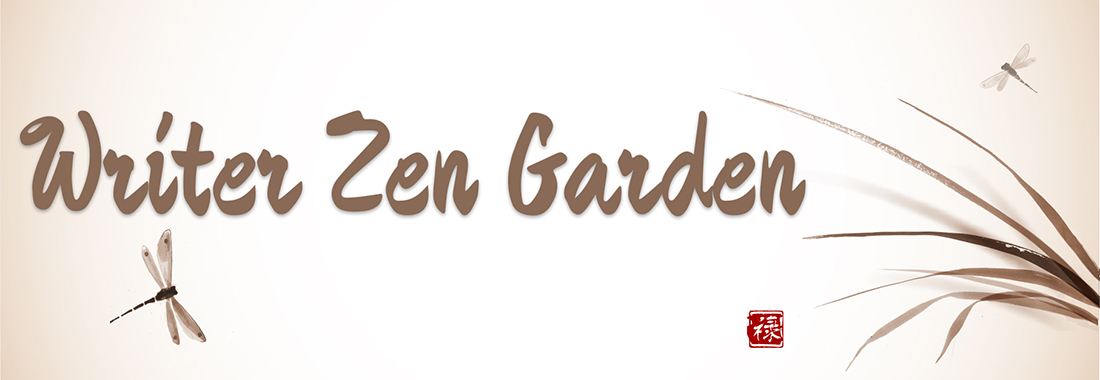My characters don’t “say”, they proclaim…
Okay, it’s a silly title for a blog post. My quandary is rather comically illustrated, though, for I take issue with repetitive language. A past crusade was against the word “was”. This indicative can so easily become a crutch, I think. An early original series of mine received a serious purge, then I subsequently encountered “was” so many times on the first few pages of a book that I refused to read this popular author’s entire series!
Later, a friend kindly pointed another tendency I had to overuse “had”. Yikes. Thanks, Nikki! The kind pointers from artists like you and other dear colleagues really help my craft and improve my tales.
Now, as you’ve surely guessed, I’ve moved onto dialogue tags. The ideal goal is to not need to blatantly indicate the speaker. An author should aspire toward the reader determining who is talking without such aids. Other times, we unavoidably need them, especially when inserting a descriptive paragraph in the middle of the exchange. In those instances, I’ve become obsessed with avoiding “says” or “said”.
A big part of this is just me being picky. And yet I listened to a book on tape that would have been pure pleasure except for the constant “he said” or “she said” sprinkled liberally throughout. The phrase actually came to annoy me and my captive spouse during the long car ride. Whether or not “said” blended into the written page, I physically flinched as time went on.
Considering this, let’s agree that my beef against the word is somewhat founded. Still, I face a quandary. How often am I harming my stories by using a fancier alternative? Apparently my proclivity is not rare among this generation’s new storytellers. In my Oxford American thesaurus for writers I discovered a warning that the creative ways we folks avoid repetition makes the tags jump off the page. That’s not good, either. These little verbs should blend in behind the all-important character exchange except when portraying something specific regarding the speaker, the listener, or their situation.
The best solution is to just keep writing. Eventually, I’ll come up with a satisfactory balance. So I have to ask, what do you have to say? Is my obsession founded or is it flotsam?

You are never going to let me live that down, are you? LOL
In terms of said, I would lean towards just getting the story down and worrying about the repeats later.
Well, that's not absolutely true – I have a terrible time not editing while I'm writing – but it's what I would want to be true.
So I'll say this, too. If you can easily find an alternative, great. If you have to work hard and really search to find an alternative word, I'd probably write around it and avoid the tag altogether.
@I feel the same, I don't think I've found a happy medium with that point.
Just write. That's what I tell myself.
E
Good advice, dears. And any helpful advice should never be forgotten. 🙂 I'm greatly indebted to both of you for many encouragements and assists.
I was working on this earlier today. I haven't noticed your writing suffering from this problem. From what I've seen on writing web sites and in books, this is a hot issue. Most say to write around it when possible and the few necessary tags won't be annoying. Many say not to use a fancier form of "said". I tend to leave them out entirely when there are only two characters talking. Feedback suggests I should put in a few for longer passages. I try to write something in the dialogue that will make it obvious who is speaking. With three characters, I need to get more creative. Like others here said, just get something written and fix it later. In my case, that means going back and adding tags.
~Dilo
Thanks for sharing your findings, Dilo! I can honestly say that your speakers are virtually always clear to me. Happy writing!